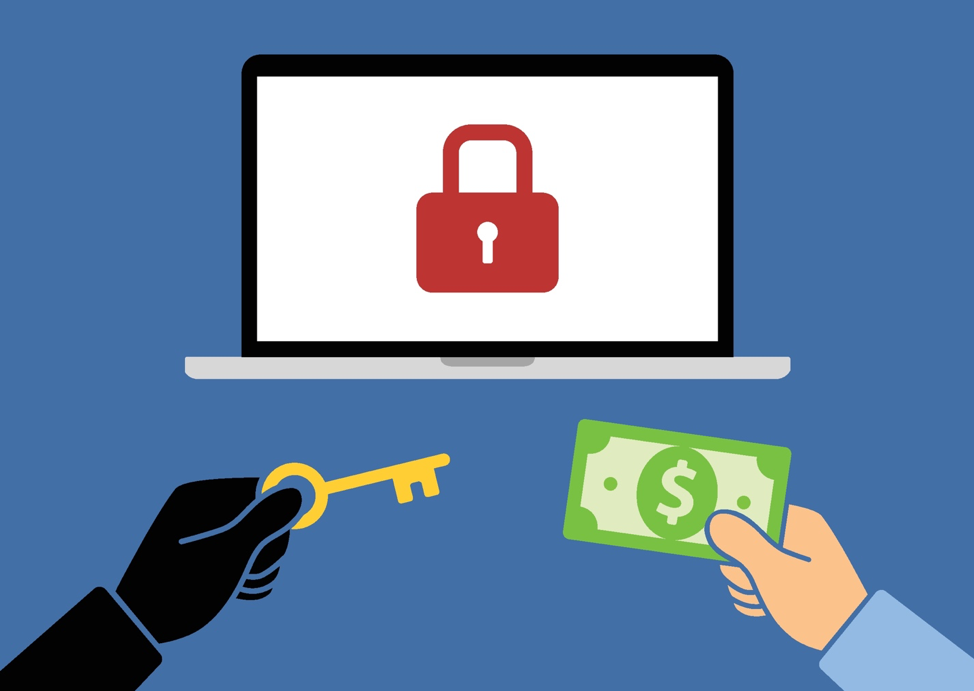
Ransomware /ransem wer/ noun a type of malicious software designed to block access to a computer system, or data, until a sum of money is paid.
Over this past summer two Florida cities have paid a combined total of over $1m to hackers that were holding their data hostage. Riviera Beach paid out over $600k to these anonymous hackers and Lake City shelled out $460k in an effort to regain access to their data. The city governments of both municipalities were effectively shut down until the ransom was paid. Lake City, which was hit with the Triple Threat malware, lost access to their email and telephone systems, as well as all of the digitized copies of government records dating back over 100 years, until they paid the ransom.
How did these attacks happen?
These malware attacks, and others like them, spread onto their respective city networks through email. In both cases, well-meaning and trusting employees, opened attachments infected with malware that were attached in email. Once opened, that malware spread like wildfire to other computers within the city network, encrypting and infected data as it moved from one system to another.
The university community has also received these email attacks in the past and it is likely we will receive them in the future.
What can you do to protect yourself?
Here are some steps you can take to protect yourself and your data from attack.
1. Be suspicious of every email you receive. Even though an email may originate from a UF email address, that account could have been compromised by a bad actor that has illegally gained access to the UF network. You should never open attachments or follow links in emails that you are not expecting.
2. Keep your anti-virus software up to date. Although CLAS IT maintains the anti-virus for UF owned and managed desktops, you are responsible for keeping the anti-virus software up to date on any personally owned devices. We recommend Microsoft Defender for Windows and Avast! for Mac.
3. Never give out your password. Did you know that university policy actually prohibits you from sharing your password? It also prohibits you from asking someone else for their password. No UF staff member will ever ask you for your password.
4. Enroll in Dual Factor Authentication. Dual Factor Authentication requires that you both KNOW A THING (your password) and HAVE A THING (a security token). The UF DUO Dual Factor system uses either your cell phone, your desk phone, or a unique key token as your second factor. That means that if your password is compromised, the bad guy should not be able to login as you because they do not have your security token. To enroll in Dual Factor Authentication, please visit https://it.ufl.edu/2fa/.
5. Make backups. Backing up your data will provide you with options in the event you suffer a malware corruption or hard drive failure. UF has access to both Dropbox and OneDrive, which can give you a safe place to make your backups. Additionally, you can subscribe to services such as Crashplan for a small fee.
6. Alert UF IT. When in doubt, send the email to abuse@ufl.edu and if it is a phishing or malware attack, they will record and act on it.